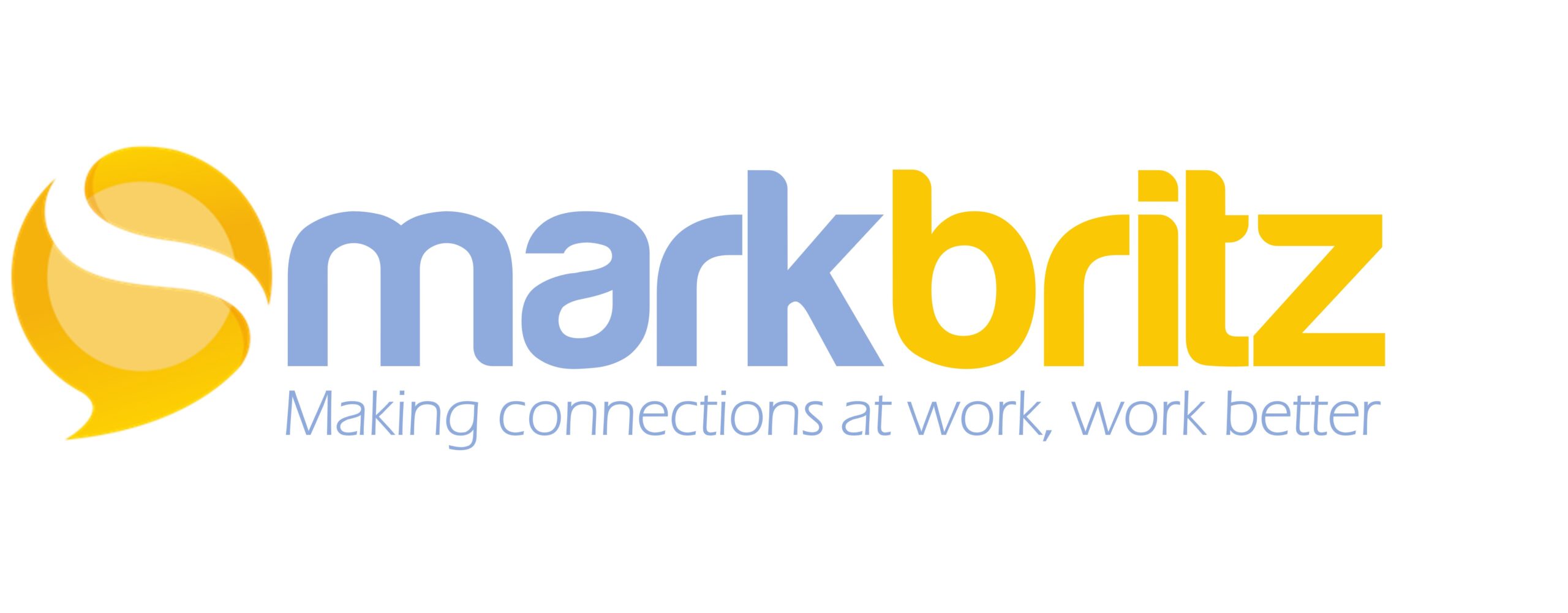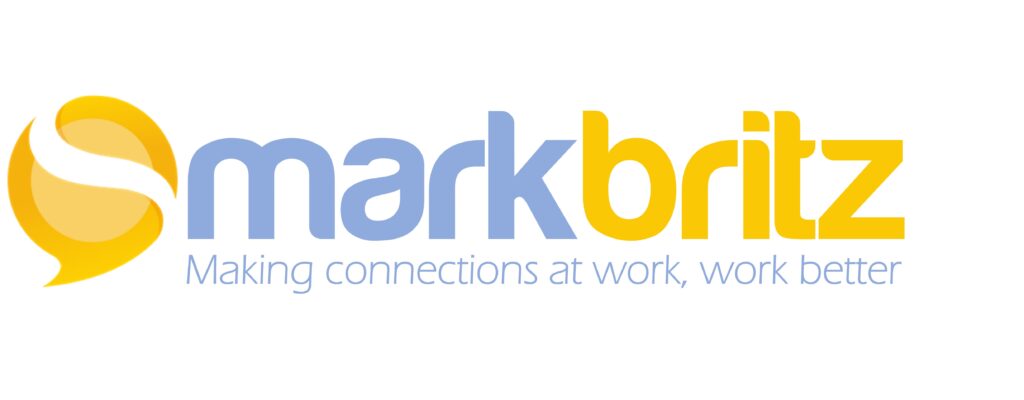Two key ideas behind Social By Design (SxD) are that 1. being social is natural and our organizations can consciously or unconsciously hinder connection and 2. to release social connection we need to focus on directly changing systems NOT directly changing people.
Systems as you know refer to the rules, processes, protocols and procedures within org design elements such as leadership & management, KM, recognition & rewards, talent development, business processes, etc.
Once you know that a system is interfering with connection you can craft a SxD solution to modify the system. But what exactly is a SxD solution? What’s are the characteristics they share?
Here are the 6 characteristics as I have seen repeatedly in solutions that increase engagement, collaboration and knowledge-sharing.
A SxD Solution (in no particular order):
- Stimulates widespread communal, cooperative, or collaborative behavior.
- Influences behaviors indirectly through systems change.
- Prioritizes removing the established over adding the new
- Encourages participation through greater transparency and openness.
- Emphasizes long-term outcomes over short-term results.
- Enhances the impact of the traditiional approach not replace it.
One example I like to share is how the Australian Treasury some time ago adapted their employee development plans to a 702010 structure. Employees had to identify more social and informal learning opportunities over formal learning approaches to develop.
If you look closely, it meets the criteria of a SxD solution in the area of organizational talent development because it emphasizes collaboration, creates a culture of continuous learning and development, and enhances the impact of current L&D approaches.
Let’s break it down further:
Stimulates widespread communal, cooperative, or collaborative behavior: The 702010 model for learning emphasizes the importance of social learning, where employees learn through interactions with others. This encourages employees to collaborate and cooperate with each other to develop skills and knowledge, which in turn creates a sense of community within the organization.
Influences behaviors indirectly through systems change: The 702010 model for learning encourages organizations to change their systems to support employee development, such as providing resources for learning and development opportunities. This indirect approach to influencing behavior helps to create a culture of continuous learning and development within the organization.
Prioritizes removing the established over adding the new: The 702010 model for learning does not require organizations to add new programs or initiatives. Instead, it encourages organizations to shift their focus from traditional classroom-style learning to a more social, experiential approach.
Invites participation through greater transparency and openness: The 702010 model for learning emphasizes the importance of feedback and reflection, which requires transparency and openness. This encourages employees to participate in the learning process and share their knowledge and experiences with others.
Emphasizes long-term outcomes over short-term results: The 702010 model for learning is a long-term approach to employee development that focuses on building skills and knowledge over time. This emphasis on long-term outcomes helps to create a sustainable culture of learning within the organization.
Enhances the impact of the current approach not replace it: The 702010 model for learning does not require organizations to replace their current learning and development programs. Instead, it enhances the impact of these programs by providing a framework for social learning and development.
Once you map the system to determine which are holding your people back from doing what people naturally can do, leverage this criteria to craft viable solutions to implement. In the meantime, I’ll continue to present SxD solutions as examples against the various systems within our organizations and please comment here with ones you know of and we can explore them together!

